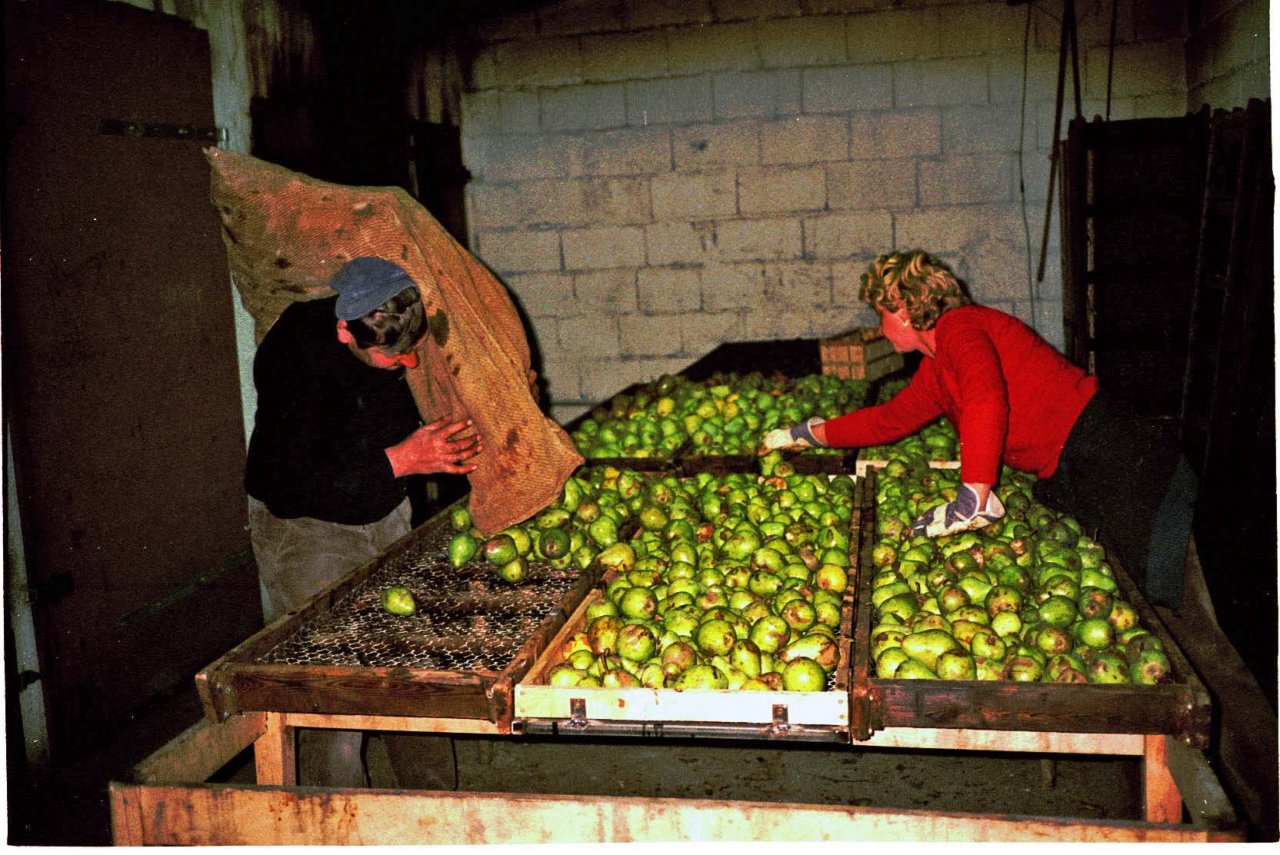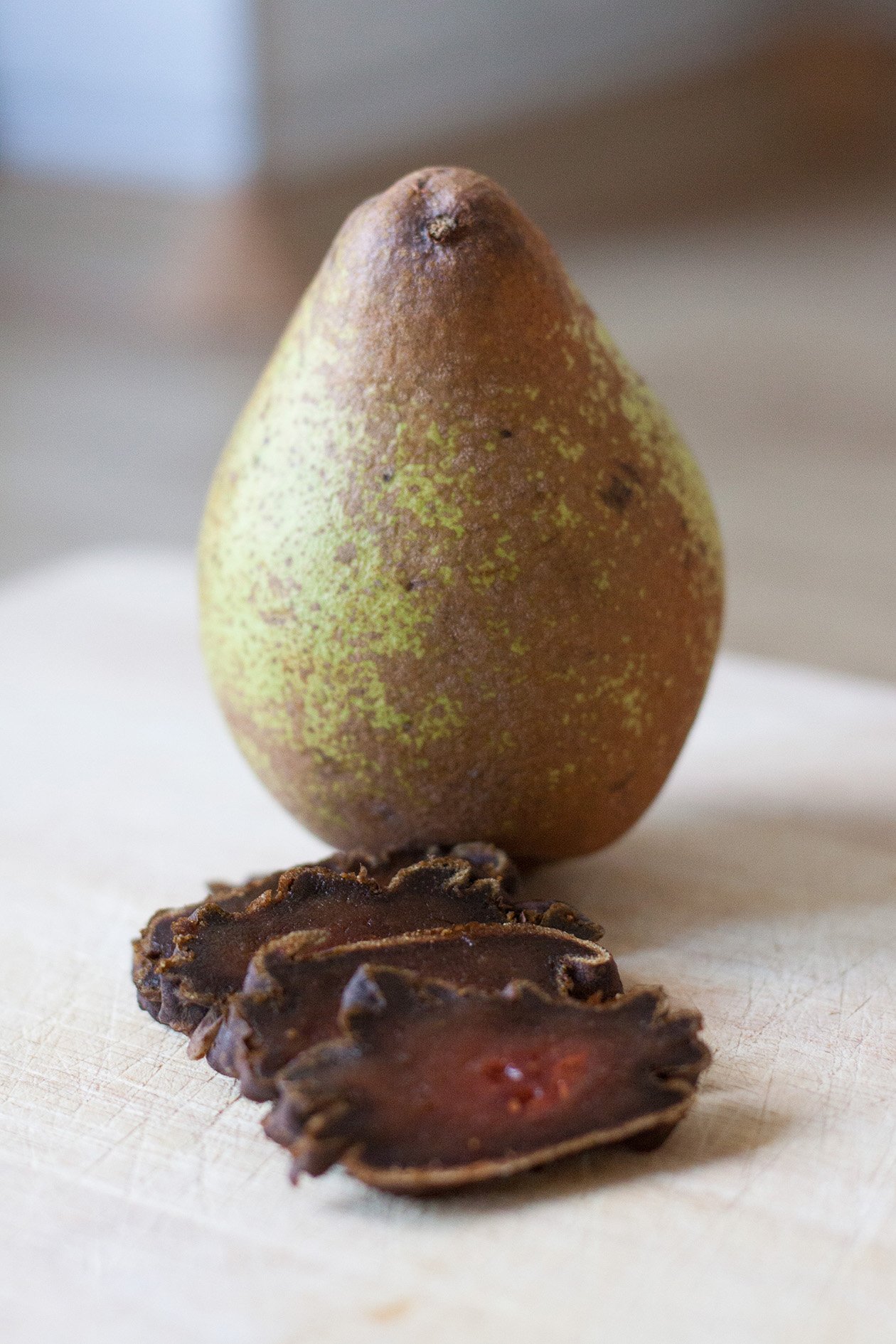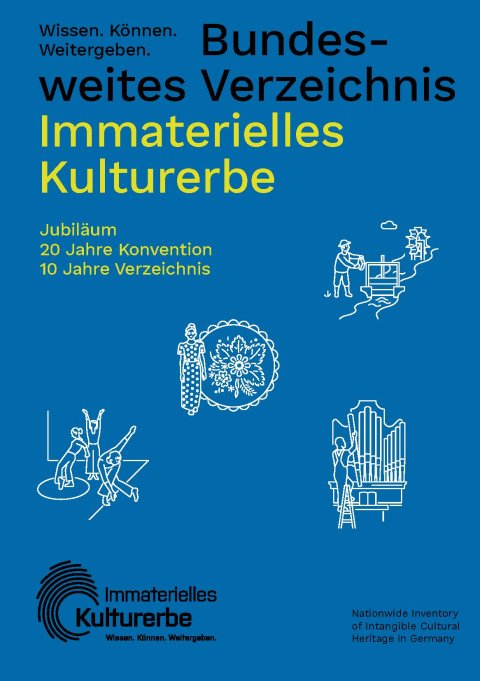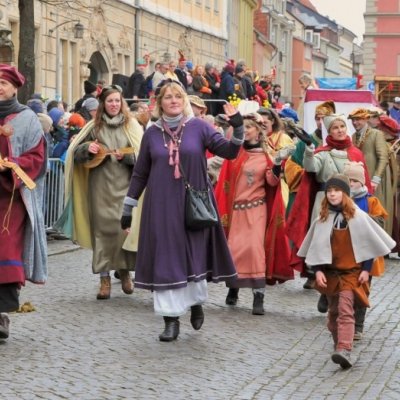Nationwide Inventory of Intangible Cultural Heritage
Tree Fields Agriculture and Production of Dried Fruits in the Steigerwald
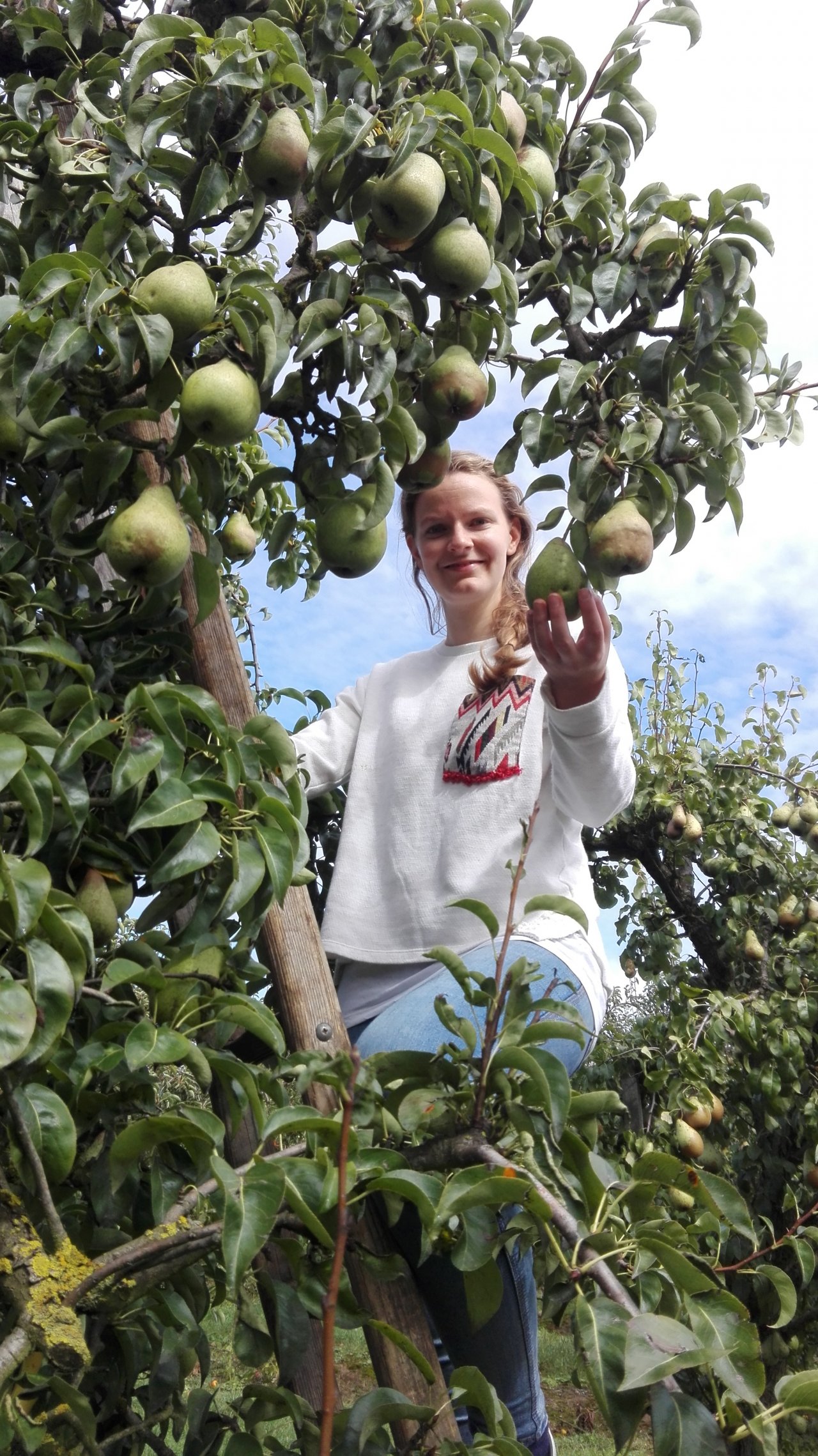
Local meadow orchards; namely tree fields, frame the town of Fatschenbrunn in Franconia (Bavaria). They supply the necessary conditions for the so-called “Hutzeln”, which have been produced in Fatschenbrunn for many generations. “Hutzeln” are pears that are being dried with stumps and stems. Those “Hutzeln” are subject to a traditional way of preparation in wood-heated dehydrators. Knowledge and skills are passed on orally from generation to generation. Traditional craftsmanship, knowledge about cultivated landscape and the preservation of local fruit varieties are the centre of this tradition.
Facts & figures
Crucial date: Throughout the year
Inscription: 2018
Domains: Social practices, rituals and festive events; knowledge and practices concerning nature and the universe; traditional craftsmanship
Where to find: Fatschenbrunn, district of the community Oberaurach in the rural district Hassberge (Bavaria)
Contact
Franz Huemmer
@email
www.fatschenbrunn.de
www.hutzeln.net
The Steigerwald is characterized by its rich broadleaf woodland. Diverse native tree species frame the town of Fatschenbrunn and are distributed in the open country. They cast the landscape in a particular way and at the same time deliver the pears used for the “Hutzeln“. They do not come from plantations, but from local meadow orchards; namely tree fields known for that area.
Once widely distributed in the Steigerwald, today, those so-called tree fields have nearly disappeared from the cultural landscape. Fatschenbrunn is one of the last places in the Steigerwald where knowledge of sustainable agricultural economics continues to be passed down from generation to generation due to great civic engagement. Many of the old fruit trees have survived until today. For these reasons, the production of dried fruit continues and various projects have been initiated in order to keep the culinary tradition of “Hutzeln” alive. Sustainable agricultural activities and traditional production of dried fruits are maintained by a small community. Due to their strong commitment, the specific knowledge can be passed on to future generations.
